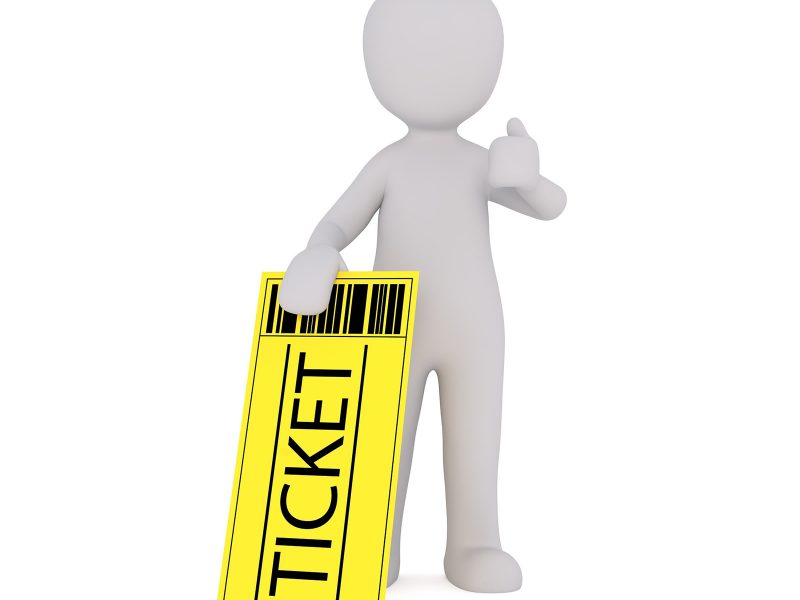New research co-authored by Yanwen Wang, an assistant professor in the UBC Sauder School of Business, reveals that the resale ticket market also appeals to sports fans who normally buy season tickets.
Resale ticket markets — also known as secondary ticket markets — allow season ticket holders to recoup costs by selling unneeded tickets, as well as creating an alternative supply of tickets that reduce the need for fans to commit to a season’s pass.
It turns out this isn’t just beneficial for fans – it also boosts team revenues.
“Since sports teams earn significant portions of their revenues from season ticket holders, we wanted to find out how secondary markets actually impact their behaviour,” said Wang. “Our research reveals that sports fans are more likely to purchase season tickets when there is a secondary market because they know they can sell them easily. This in turn increases a sport team’s revenue by at least seven per cent per year.”
Wang says this is a conservative estimate as it does not include incremental revenue sources such as parking, concessions or merchandise sales. She adds that given sports teams have high fixed costs, low marginal costs, and perishable inventory like food served at concessions, the increased revenue could have significant implications for a team’s profitability.
For this study, Wang and her team examined a major league baseball team in the U.S. They analyzed 1,924 customers who purchased season ticket packages at least once over a six-year period and tracked their behaviour for 481 games. They looked at the ticket type, price paid, ticket usage and ticket resales to find out whether each ticket was used for attendance, listed, resold or forgone.
Among the researchers’ other discoveries was constraints on ticket pricing such as minimum price floors, which is pre-determining the lowest price in which a ticket could be sold at, have an adverse impact on season ticket sales.
“This is a complex issue because price floors may be motivated by a sports team’s desire to protect brand equity,” said Wang. “However, the teams must find ways to balance brand maintenance goals against the benefits of providing more value to the team’s hardcore fans.”
The researchers hope their study will encourage future research such as how data from the resale market can inform ticket pricing decisions, as well the effect on non-sports events like concerts.
Related Journal Article: https://pubsonline.informs.org/doi/10.1287/mksc.2019.1183

